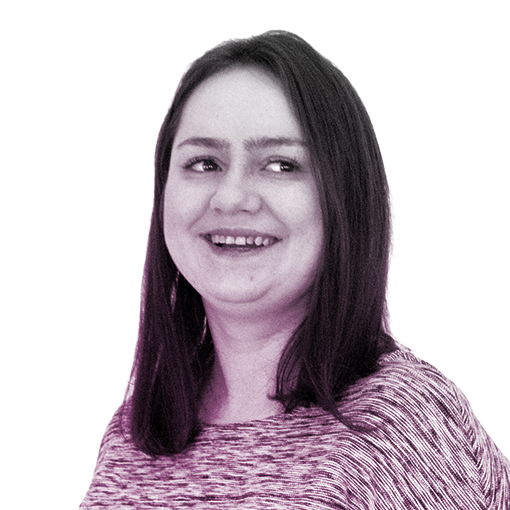Biography
Maria is a Russian violinist based in the UK, and began violin and piano lessons at the age of six. In 2008, she finished her studies at Rimsky-Korsakov St. Petersburg State Conservatory and decided to continue her education in England. Maria studied at the Royal Academy of Music with Erich Gruenberg and Tomotada Soh, graduating in 2013, before completing her postgraduate degree at Birmingham Conservatoire.
During her studies, Maria had the privilege of working with world-renowned conductors, including Sir Mark Elder, Semyon Bychkov and David Zinman, taking part in masterclasses with Maxim Vengerov, Tasmin Little and Yair Kless.
In 2013, Maria was selected for the Welsh National Opera Mentoring Scheme and City of Birmingham Symphony Orchestra Training Scheme where she played under such conductors as Edward Gardner, Andris Nelsons and Michael Seal. Maria is a member of the Ljubljana International Orchestra and member of Nationales Jugendorchester der Niederlande and in 2015, participated in Britten-Pears Young Artist Programme.
As a soloist and chamber musician, Maria has been awarded at various festivals and competitions, winning the Sylvia Cleaver Chamber Music Prize, the Meher Rohi Gazder Award and the Winifred Small Solo Violin Prize at the Royal Academy of Music, amongst others.
Maria is a passionate chamber musician and has been coached by Pavel Haas Quartet, Kuss Quartet, Rosamunde Trio and Schubert Ensemble. Whilst at the Royal Academy of Music, Maria met Chinese pianist Sunny Li and they have since established Amur Duo, playing regularly together across London.
QUICKFIRE QUESTIONS
What is your favourite piece of music, and why do you love it?
Benjamin Britten Violin Concerto. I love this piece because the music and harmonies are so beautiful, at the same time you can feel characteristic style of Britten and spirit of the 20th century. It is so energetic and a challenging piece for the violinist. This concerto is close to my nature.
What do you think concerts of the future should look like?
I think concerts of the future should involve more and more people, be more affordable for people and families who can’t attend the concerts because of the high prices of tickets. We also have to find more ways to communicate through the music with people who have cognitive and communicative disabilities.
What do you do with your time when you’re not playing music?
I like to spend free time with my family and friends, and I also have a passion for travelling – it’s interesting for me to learn about different nations and cultures. For relaxation and health, I try to attend yoga classes and swim regularly.
